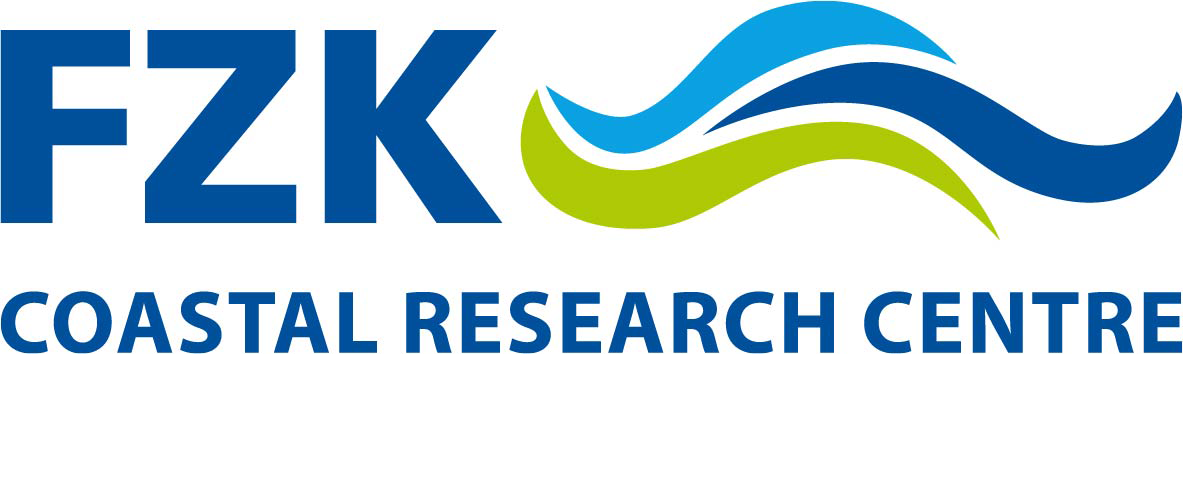The aim of the “METAscales” project is to improve the resilience of coastal communities to future extreme events and natural hazards. METAscales is part of the 3rd research mission of the German Marine Research Alliance (DAM), in which the TU Braunschweig is a member together with the Leibniz University of Hannover through the Coastal Research Center. In the project, the scientists at the Leichtweiß Institute are concentrating on future-relevant and innovative aspects of climate impact research and ways to adapt to future natural hazards and extreme events on the coasts.
This is how Dr.-Ing. Gabriel David, Lena Lankenau and Johanna Kremer from the Junior Research Group “Future Urban Coastlines” with the future of urban coastlines and the dynamic adaptation of critical infrastructures such as ports to climate change against the background of their operational functionality. The group works closely with the sustainability department at bremenports to develop not only the basics but also practice-relevant results with local actors.
Field experiments and risk analyses
In the METAscales project, Professor Kai Schröter and Julius Engelmann lead important field experiments and risk analyzes in the area of hinterland drainage and combined flood risks (compound events). Her focus is on the development and implementation of a model chain for risk analysis and assessment of adaptation strategies in low-lying coastal zones (LECZ). The data and analysis results obtained are used to create risk curves and develop recommendations for adaptation and risk reduction strategies, which are then incorporated into the broader discussion and implementation within the project.
Professor Nils Goseberg and Christine Bleidorn are working on the development of adapted, innovative and sustainable coastal protection solutions that take local conditions and needs into account, including novel dike systems and property-specific protection concepts. Their approach includes the experimental and analytical study of these systems in order to increase the resilience of coastal landscapes to extreme events. They place a particular focus on integrating ecologically valuable and technically effective solutions that can be applied in various coastal scenarios.
During the first meeting, the 14 working groups were able to gain insights into the respective research fields and identify joint work for future interdisciplinary research in order to effectively meet the diverse challenges posed by marine extreme events.
magazin.tu-braunschweig.de/tu-notizblog/metascales-ein-neues-kapitel-in-der-kuestenforschung/



